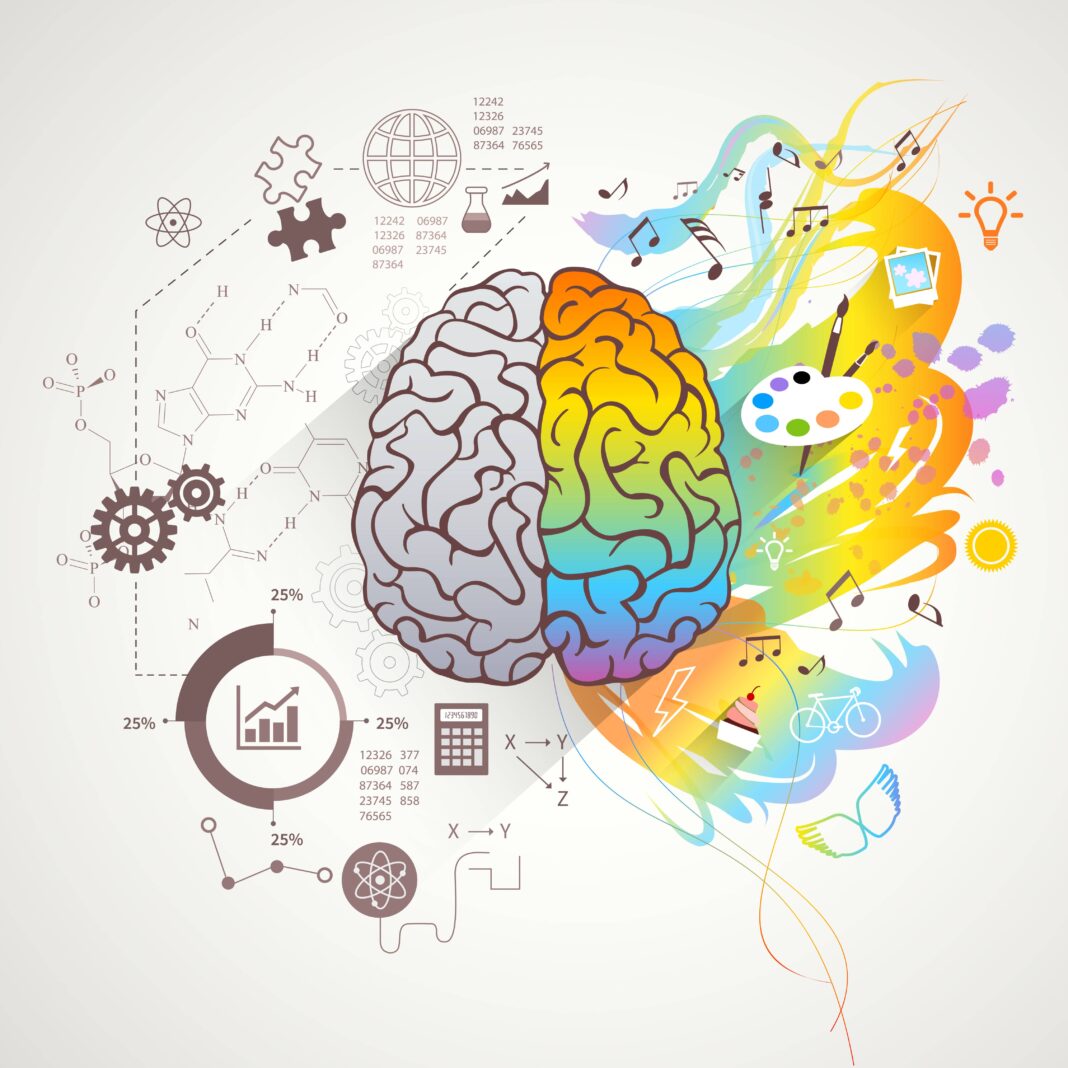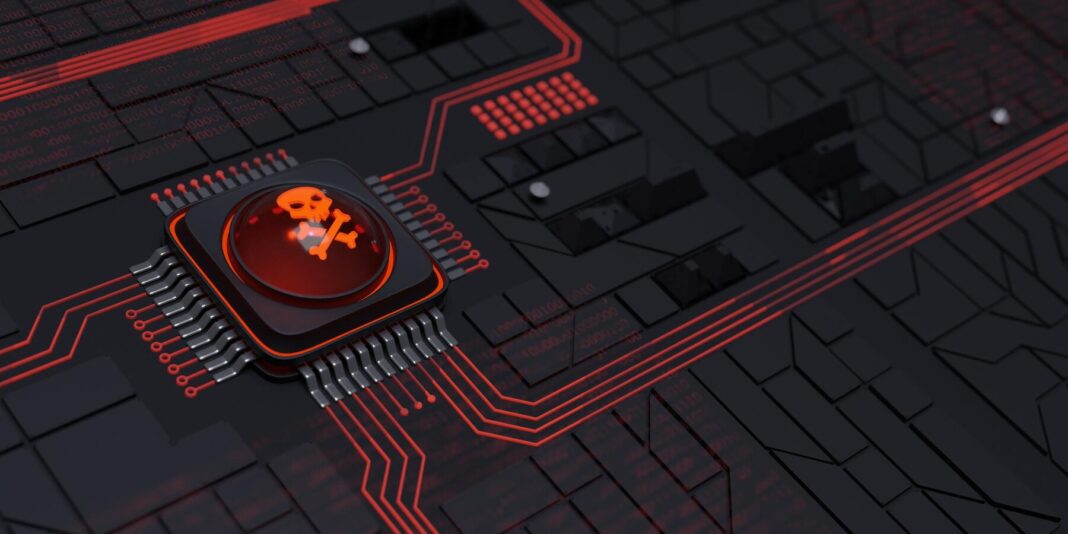In this article, we explore seven intriguing differences between the brain and the mind, shedding light on the fascinating complexities of these two entities. While the brain is a tangible marvel of biological design, the mind delves into the realms of abstract cognition and consciousness. Together, they shape the essence of who we are.
The Brain and the Mind: A Symbiotic Relationship
The brain and the mind, while intimately linked, are distinct in their roles and functions. Understanding these differences can provide a deeper insight into human cognition and behavior.
- Biological vs. Phenomenological
- The mind is an abstract entity, a phenomenon emerging from the intricate workings of the brain.
- The brain, as part of the central nervous system, is a tangible organ with observable components.
- Hardware vs. Software
- The brain can be likened to hardware, consisting of physical structures.
- The mind operates as the software running on this hardware, orchestrating cognitive processes.
- Location vs. Distribution
- The brain physically resides within the cranial cavity, divided into cerebral hemispheres.
- The mind is non-physical, manifesting itself through neural networks and subjective experience.
- The Biological vs. the Psychological
- The brain adheres to biological principles, governed by neurobiology, physiology, and anatomy.
- Psychology seeks to unravel the mysteries of the mind, encompassing cognition, emotions, and beliefs.
- Diseases of the Brain vs. Disorders of the Mind
- Brain diseases and disorders are diagnosable through medical tests.
- Mental health issues often manifest as psychological disorders, requiring specialized care.
- Control Over Physiology vs. Thoughts and Emotions
- The brain oversees physiological processes.
- The mind shapes thoughts, emotions, beliefs, and experiences.
- Reductionist vs. Holistic
- Neuroscience adopts a reductionist approach, analyzing minutiae to comprehend functions.
- The mind’s perspective is holistic and phenomenological, encompassing cognitive, emotional, and spiritual dimensions.
In conclusion, while the brain and the mind exhibit notable disparities, they form a symbiotic relationship that defines human existence. Neuroscience and psychology must collaborate to explore the intricate interplay between these dimensions. Let us embrace the complexity of our brains and minds, avoiding reductionism and broadening our understanding of the human experience.
- How does the brain relate to the mind?
- The brain and the mind are closely related, but they are not the same. The brain is a physical organ located in the head, responsible for processing sensory information, controlling bodily functions, and enabling conscious thought. The mind, on the other hand, is a complex and abstract concept that encompasses thoughts, emotions, consciousness, beliefs, and subjective experiences. The brain serves as the biological substrate for the mind, meaning that the mind arises from the intricate workings of the brain. While the brain is involved in generating and processing mental phenomena, the mind represents the subjective and cognitive aspects of human experience.
- Is the brain and mind the same?
- No, the brain and the mind are not the same. The brain is a physical organ, a part of the central nervous system, composed of neurons, tissues, and various structures responsible for physiological functions. In contrast, the mind is a non-physical concept that encompasses consciousness, thoughts, feelings, perceptions, memories, and more. While the brain is the biological foundation upon which the mind emerges, they have distinct roles and characteristics. The mind deals with abstract cognitive processes, whereas the brain deals with biological and physiological functions.
- What is the “Mind and the Brain” book about?
- “The Mind and the Brain: Neuroplasticity and the Power of Mental Force” is a book written by Jeffrey M. Schwartz and Sharon Begley. This book explores the relationship between the mind and the brain, focusing on the concept of neuroplasticity. Neuroplasticity refers to the brain’s ability to rewire and adapt itself in response to mental experiences, thoughts, and behaviors. The book delves into the idea that the mind can have a profound impact on the brain’s structure and function, offering insights into the potential for mental force to bring about positive changes, particularly in the context of mental health and neurological conditions.
- Who said the brain is the organ of the mind?
- The concept that the brain is the organ of the mind has been widely accepted in the fields of neuroscience and psychology. While various philosophers, scientists, and scholars have contributed to this understanding over centuries, it was firmly established through scientific research and advancements in the 19th and 20th centuries. Notable figures in the history of neuroscience, such as Santiago Ramón y Cajal and Paul Broca, made significant contributions to our understanding of the brain-mind relationship. Modern neuroscience continues to explore and confirm the pivotal role of the brain as the organ responsible for generating and facilitating the mind’s functions.











